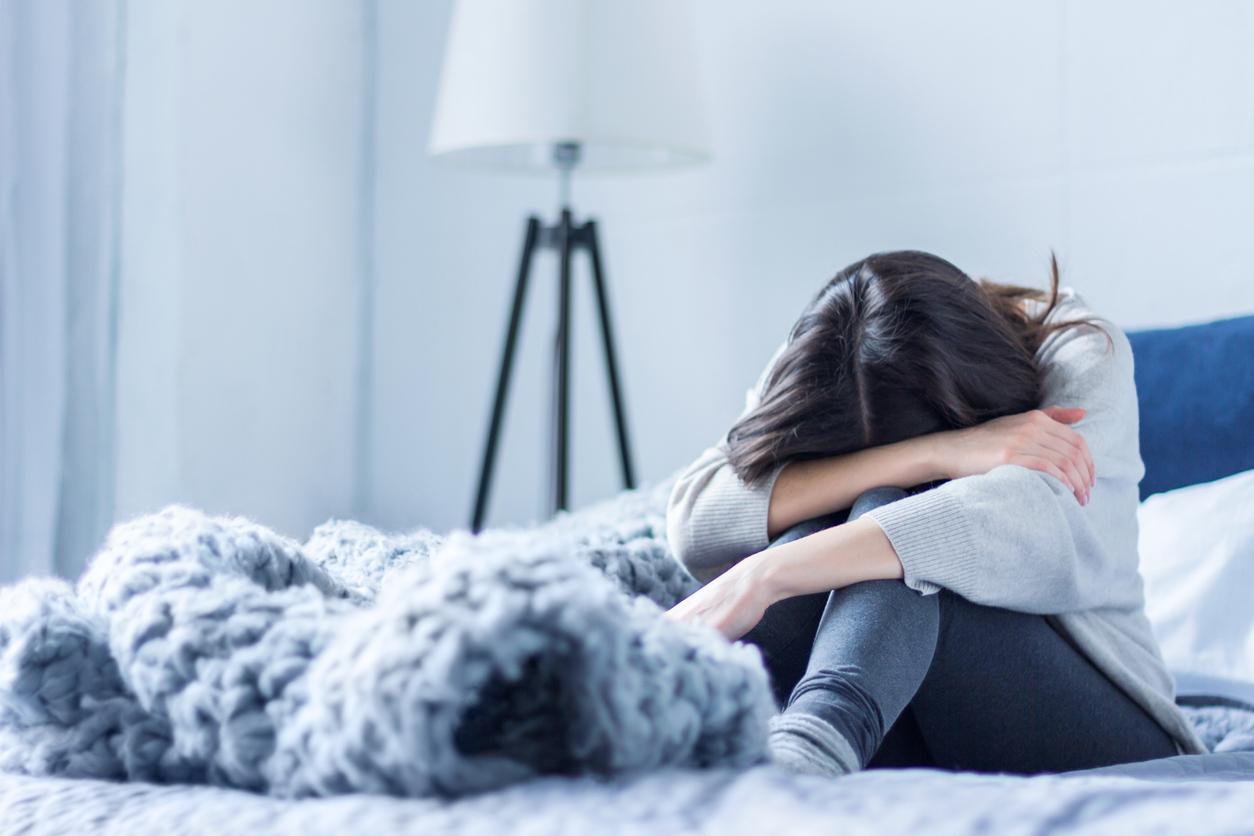In a study published by review New England Journal of Medicinescientists believe that psilocybin, a molecule contained in hallucinogenic mushrooms could help treat depressive disorders.
The idea is not to shoot the patient, far from it. This molecule has been compared to the effectiveness of common antidepressants. The objective is to free the thoughtbut that is not enough, psychotherapy must accompany it, specify the researchers.
More patients in remission
Specifically, the clinical trial was spread over a period of six weeks, on 59 people. One group was treated with very low doses of psilocybin and antidepressants the rest of the time, and the other took 25 milligrams of the molecule twice, with placebos the rest of the time. For this second group, hallucinogenic effects are observed when taken, for several hours. At the same time, they all do psychotherapy sessions the day after taking the molecule.
The effect of the molecule is interesting, in particular because by comparing the classic method to taking psilocybin, we see that the participants in the clinical trial are more aware of the reasons that plunge them into depression. On the other hand, the group treated with the highest doses of psilocybin estimated 57% in remission at the end of the period, against 28% in the other.
Several studies with similar results
This study is conducted on a very small number of participants. But this is not the first time that the hallucinogenic molecule has been tested, and this latest study echoes other similar observations regarding its effectiveness against depression. In 2017, scientists from the Imperial College of London published a survey entitled “Magic mushrooms could reformat the brains of depressive patients”. In November 2020, it is review jama-network which displayed a study on psylocybin, again conclusive.
Sources : New England Journal of Medicine, Imperial College of London, Jama Network
Read also:
- Lypémanie: what is the disease that affects Marc Lavoine?
- An imbalance of the intestinal microbiota can be responsible for a depressive state
- Covid-19: could Prozac limit severe forms?

















